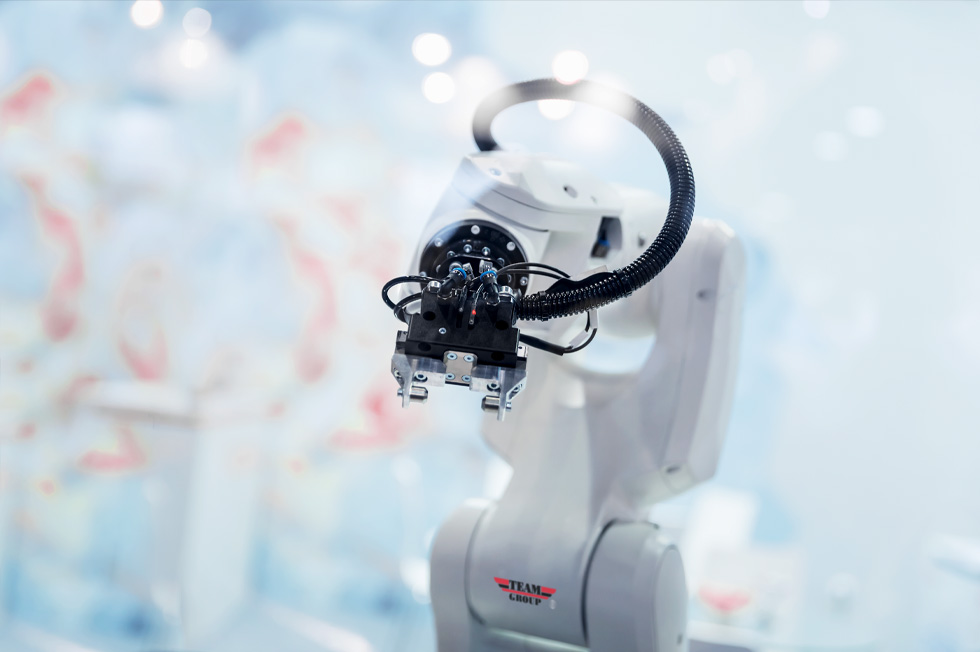Facility management stands as a pivotal junction between innovation and adaptation as we approach 2024. In this dynamic field, facility managers have been confronted with multifaceted challenges that demand strategic foresight and agility.
From the integration of cutting-edge technology to the imperative of sustainability, talent management, security concerns, and the newfound need for flexibility post-COVID-19, the landscape of facility management has undergone a transformation that requires a proactive and strategic approach. Some of the top challenges faced by facility managers over the last year include modern technology integration, incorporating sustainable practices, talent management, security and flexibility.
6 Facility Management Challenges of 2023
1. Technology Integration: Streamlining Efficiency through Innovation
One of the foremost challenges in contemporary facility management has been the seamless integration of technology. Despite the potential for improved efficiency and cost reduction, many facility managers still rely on traditional methods. The adoption of building automation systems, energy management solutions, and asset management software holds the promise of enhanced operations, yet it necessitates overcoming hurdles associated with training, interoperability, and integration complexities.
Navigating the Challenge:
To successfully integrate technology, facility managers must invest in comprehensive training programs for their teams. This includes not only understanding the functionalities of new systems but also optimizing their usage for maximum benefit. Additionally, addressing interoperability issues requires careful vendor selection and collaboration to ensure a cohesive and integrated technological landscape. Working with a facility management company can provide access to expertise in technology adoption. Professionals like TEAM can facilitate comprehensive training programs, address interoperability issues, and ensure a smooth transition to an integrated technological landscape.
2. Employee Health and Safety: Mitigating Risks in the Age of Advanced Technology
The integration of advanced technology, including robots and large machines, has presented a unique challenge to facility managers – the heightened importance of ensuring employee health and safety. As facilities embrace cutting-edge automation and machinery, the risks associated with working alongside these technologies have increased significantly. In a recent example of the safety issues faced by facility and factory workers, an engineer who was programming software for disabled car-making robots was picked up and injured by one of them.
Navigating the Challenge:
As facility managers have attempted to navigate the integration of robots and large machines into their operations, prioritizing employee health and safety has not just been a legal obligation but a crucial ethical responsibility. Proactive measures in risk assessment, training, compliance, and employee engagement are just a few of the measures taken to significantly reduce the likelihood of accidents and injuries, fostering secure and healthy work environments.
3. Sustainability: Balancing Environmental Responsibility and Cost-Efficiency
In the pursuit of environmental stewardship, sustainability has become a critical consideration for facility managers. However, initiatives to reduce carbon footprints, implement energy-efficient systems, and adopt sustainable practices often face challenges, especially when met with resistance from stakeholders prioritizing cost savings.
Navigating the Challenge:
Facilities must strike a delicate balance between sustainability and cost-effectiveness. Investing in energy-efficient systems, waste reduction strategies, and sustainable materials may incur initial costs, but the long-term environmental and financial gains outweigh the investment. Facility management companies can guide organizations in achieving the long-term benefits of sustainability. They can also provide insights and assist in implementing modern solutions such as zero waste facilities or smart bathrooms.
4. Talent Management: Overcoming Skill Shortages in a Complex Field
The multifaceted nature of facility management demands a diverse skill set, from project management to finance and technology. Unfortunately, there is a shortage of skilled workers in this field, posing a significant challenge to efficient facility operations.
Navigating the Challenge:
Investing in comprehensive training and development programs is essential for upskilling the existing workforce. Facilities should also focus on developing clear career pathways to attract and retain talented individuals. Collaborating with educational institutions and industry organizations can be a proactive approach to addressing the talent shortage in the long term.
5. Security: Safeguarding Physical and Digital Frontiers
Security has risen to the forefront of facility management concerns, encompassing both physical and cybersecurity. The proliferation of cyber threats poses risks to data integrity, while physical security concerns persist, especially in high-risk facilities.
Navigating the Challenge:
Robust security measures are imperative, including access control systems, surveillance technologies, and cybersecurity protocols. A culture of security awareness must permeate the organization, supported by regular training for staff. Facility managers need to stay vigilant, continuously updating security measures to stay ahead of evolving threats.
6. Flexibility: Adapting to the Post-COVID-19 Workplace
The COVID-19 pandemic has underscored the need for flexibility in facility management. Remote work, social distancing, and changing workplace requirements demand an agile approach to adapt to evolving circumstances.
Navigating the Challenge:
Facility managers must develop flexible workplace policies and leverage technology that supports remote work. The ability to modify facilities quickly to meet changing requirements, such as installing dividers and rearranging workstations, is crucial. The lessons learned during the pandemic should inform strategies for creating adaptable and resilient workplaces. Facility management companies can guide organizations in developing flexible workplace policies and leveraging technology for remote work. Our expertise ensures that facilities can swiftly adapt to changing requirements, creating adaptable and resilient workplaces.
The challenges faced by facility management in 2023 have been diverse and dynamic, requiring strategic foresight and adaptability. Facility managers and facility management companies have embraced technological advancements, sought out a balance between sustainability and cost-efficiency, invested in talent management, fortified security measures, and created flexible workplaces. Proactive strategies to navigate these challenges will not only ensure efficient and secure operations but also position facility management at the forefront of innovation and sustainability in the years to come.
In navigating these challenges and preparing for new trends in 2024, partnering with a facility management company like TEAM Group provides a strategic advantage. Our experts bring a wealth of knowledge, experience, and a proactive approach, ensuring that facilities not only overcome challenges but also stay ahead of emerging trends in the evolving landscape of facility management.






